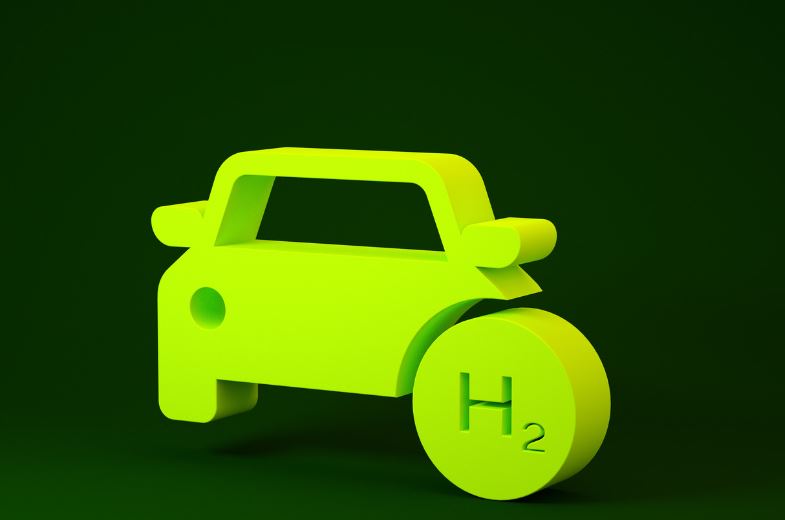Korea, long regarded as a leader in the hydrogen fuel cell vehicle market, is facing stiff competition from China as its dominance wanes in the global arena.
Recent data from SNE Research paints a sobering picture of Korea’s diminishing share, signaling a pivotal shift in the landscape of hydrogen-powered transportation.
In 2023, Korea witnessed a significant decline in hydrogen vehicle sales, with only 4,631 units sold—a staggering 55.2% drop compared to the previous year. This decline led to a notable decrease in Korea’s market share, plummeting from 49.9% in 2022 to a mere 32%. Meanwhile, China experienced a modest increase in sales, capturing 38.8% of the global market, up from 26.3% in 2022.
The decline in Korea’s hydrogen vehicle market can be attributed in part to Hyundai Motor’s challenges, particularly with its Nexo hydrogen-powered SUV. Hyundai’s sales plummeted by 56% in 2023, resulting in a loss of market share to China Comercial, which sold 5,362 hydrogen cars and claimed 37.1% of the market. Hyundai’s market share dropped from 54.8% in 2022 to 34.7% in 2023.
To counteract this trend, Korea has implemented new policies aimed at revitalizing hydrogen vehicle sales. The Seoul Metropolitan Government, for instance, announced subsidies and incentives totaling 32.5 million won ($24,000) for the purchase of Hyundai’s Nexo SUV. These incentives include tax exemptions, toll discounts, and reduced parking fees, intended to make hydrogen vehicles more accessible to consumers.
As Korea navigates this evolving landscape, collaboration between government, industry stakeholders, and research institutions will be essential to drive innovation, reduce costs, and expand infrastructure.
